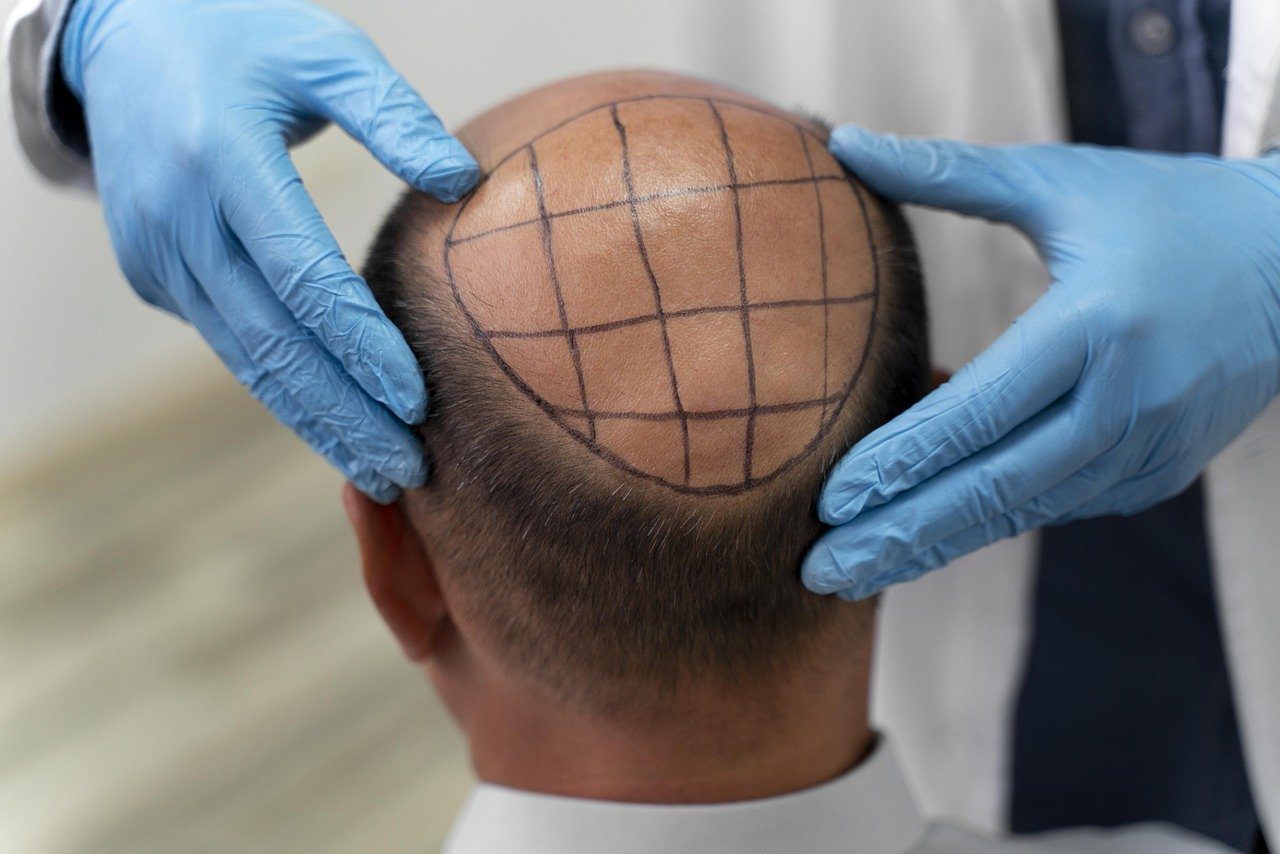



Have you ever considered the hidden meaning behind hair implantation? It’s more than just a cosmetic procedure. Hair implantation goes beyond the surface and has a profound impact on individuals’ self-confidence, mental well-being, and overall quality of life.
When we think of hair implantation, we often associate it with restoring a full head of hair or addressing baldness. While these are certainly important aspects, there is much more to it. Hair implantation can be a transformative experience, boosting self-esteem and improving mental health by restoring a sense of identity and confidence.
Imagine waking up every morning and seeing a reflection that matches how you feel on the inside. Hair implantation can help individuals regain their self-assurance, allowing them to face the world with renewed confidence. It’s not just about the physical appearance; it’s about feeling comfortable in your own skin.
Furthermore, hair loss can have a significant psychological impact on individuals. It can lead to feelings of insecurity, low self-esteem, and even depression. Hair implantation offers a solution to reverse these effects, providing a sense of hope and empowerment.
Through advanced medical techniques, hair implantation has become a viable option for those experiencing hair loss. It offers a long-term solution that is both effective and safe. With the use of innovative procedures, individuals can achieve natural-looking results that seamlessly blend with their existing hair.
So, the next time you think of hair implantation, remember that it’s not just a cosmetic procedure. It’s a life-changing experience that can restore self-confidence, improve mental well-being, and reverse the effects of hair loss. It’s about embracing your true self and living life to the fullest.


Table of Contents
ToggleWhen it comes to hair implantation, the benefits extend far beyond just a cosmetic transformation. One of the most significant advantages is the boost it provides to self-confidence and mental well-being. Hair loss can have a profound impact on a person’s self-esteem, causing feelings of insecurity and even depression. By restoring a full head of hair through implantation, individuals regain their sense of identity and confidence, allowing them to feel more comfortable and positive about themselves.
Furthermore, the positive effects of hair implantation on mental well-being go beyond just appearance. Studies have shown that individuals who undergo hair implantation experience a significant improvement in their overall mental health. This procedure helps to alleviate the psychological distress associated with hair loss, reducing anxiety and boosting self-esteem. With a renewed sense of self-confidence, individuals are more likely to engage in social activities, pursue their goals, and enjoy a higher quality of life.
In conclusion, hair implantation is not just a cosmetic procedure; it has the power to transform lives by enhancing self-confidence and improving mental well-being. By addressing the emotional and social challenges associated with hair loss, this medical solution provides individuals with a renewed sense of identity and a positive outlook on life.


When it comes to hair loss, many individuals seek a medical solution to reverse its effects. Hair implantation offers a promising remedy for those experiencing hair loss, providing a natural and long-lasting solution. Through advanced techniques and technologies, hair implantation involves the transplantation of hair follicles from a donor area to the recipient area, where hair growth is desired.
This medical procedure is highly effective in treating hair loss, as it allows for the restoration of a full head of hair. The transplanted hair follicles are carefully placed to mimic the natural hair growth pattern, resulting in a seamless and undetectable outcome. Whether the hair loss is due to genetics, hormonal changes, or other factors, hair implantation offers a reliable solution that can boost self-confidence and improve overall well-being.


The psychological impact of hair loss can be profound and far-reaching. For many individuals, hair loss can lead to a loss of self-confidence and a negative impact on their mental well-being. The emotional toll of losing one’s hair can be devastating, causing feelings of embarrassment, self-consciousness, and even depression.
Moreover, hair loss can have a significant impact on an individual’s social life and relationships. It may lead to social withdrawal, avoidance of social activities, and a decrease in overall quality of life. The fear of being judged or ridiculed due to baldness can be overwhelming, leading to a loss of self-esteem and a distorted self-image.
Fortunately, hair implantation offers a solution to these psychological challenges. By restoring a full head of hair, individuals regain their sense of identity and confidence. They can once again feel comfortable in their own skin and regain the self-assurance they may have lost due to hair loss.
Furthermore, hair implantation can help individuals overcome the emotional distress associated with hair loss. It provides a renewed sense of hope and optimism, allowing individuals to regain control over their appearance and their lives. With a restored head of hair, they can confidently face social situations, engage in activities they once avoided, and improve their overall well-being.
In conclusion, the psychological impact of hair loss should not be underestimated. Hair implantation not only addresses the cosmetic aspect of hair loss but also has a profound impact on an individual’s self-confidence, mental well-being, and overall quality of life. It offers a chance for individuals to reclaim their identity and overcome the emotional challenges associated with hair loss.
